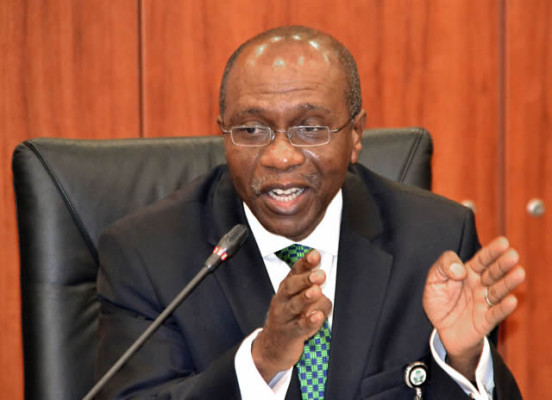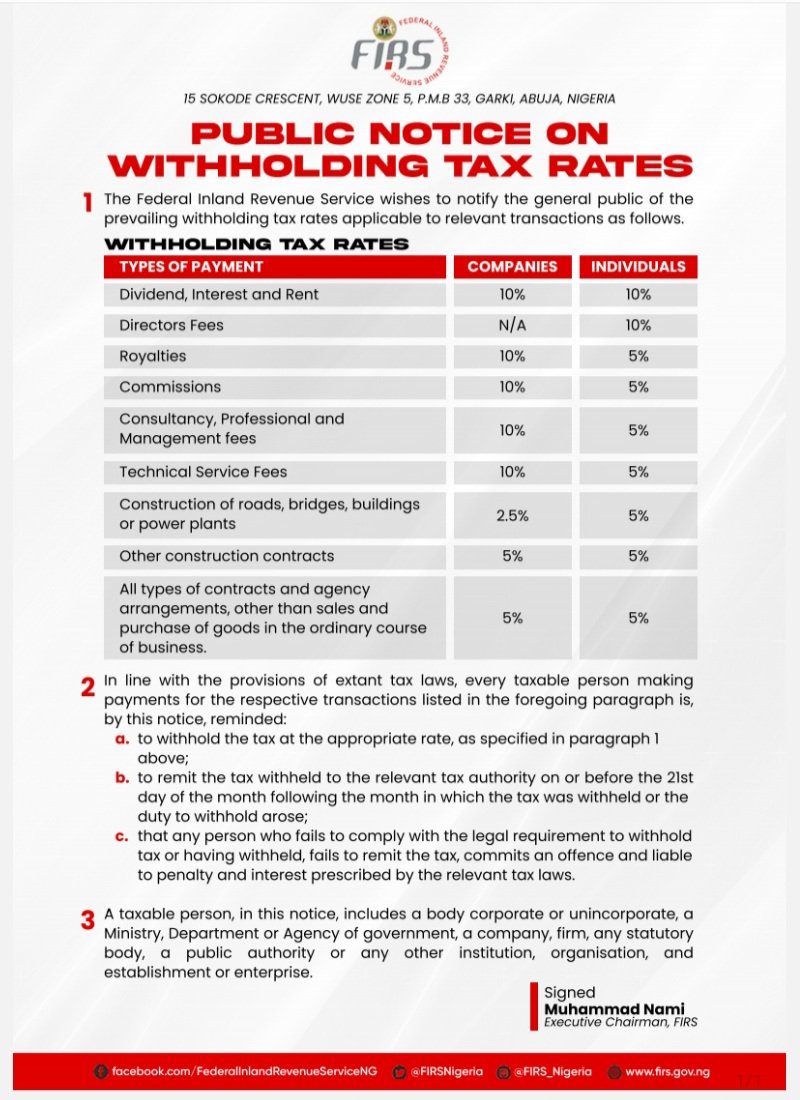
The Central Bank of Nigeria (CBN) Governor, Godwin Emefiele has predicted that the Nigerian economy will grow by three per cent in 2019, higher than the 1.93 per cent it achieved in 2018.
Godwin Emefiele added that the central bank would continue to maintain a tight monetary policy stance to rein in inflation which he said is expected to rise to 12 per cent in the course of the year before moderating.
The CBN governor spoke yesterday, Thursday, while setting the post-election agenda for monetary policy, at the BusinessDay Post Election Outlook Conference in Lagos.
The Monetary Policy Committee of the CBN which is expected to meet next week, has left the benchmark interest rate at 14 per cent since 2016.
The CBN governor expressed optimism that the Nigerian economy post-May 2019, would witness positive growth that would help in reducing the current level of unemployment in the country.
He, however, noted that the apex bank would adjust the policy rate in line with unfolding conditions and outlook. Inflation figures released by the National Bureau of Statistics (NBS) showed a moderate decline in the Consumer Price Index in February to 11.31 per cent.
The CBN boss, who based the inflationary projection on productivity gains in the agricultural and manufacturing sectors, said that he anticipated that the GDP would pick up in the first half of the year, owing largely to continued efforts at driving indigenous production in high-impact real sector activities.
On the exchange rate policy, he said the apex bank, in spite of expected pressure from the volatility in the crude oil markets, would maintain its stable exchange rate over the next year.
According to him, “gross stability is projected in the foreign exchange market, given increased oil production and contained import bill.”
Emefiele expressed optimism that the country’s Balance of Payments would remain positive in the short-term, adding that the current account balance could improve further if oil prices continued to recover.
He noted that this would be supported by improved non-oil performance as diversification efforts begin to yield results to reduce undue imports.
Warning that the issues that led to the economic crisis between 2015 and 2017 remained visible, Emefiele stressed the need to increase the country’s policy buffers, including fiscal measure, to increase its external reserve.
He reiterated the need to diversify the revenue structure of the federal government, in order to reduce dependence on direct proceeds from the sale of crude oil.
He advised that cheap financing be provided to boost local production of priority goods in critical sectors of the economy in order to reduce reliance on foreign imports.
Emefiele used the platform to highlight efforts made by the CBN in the past five years in monetary policy and development finance, saying that the weakening of the naira impacted the balance sheets of domestic banks.
He said that the Bank took measures such as monitoring the financial position and performance of supervised institutions and the assessment of the risk profile and governance management practices of banks, to guarantee financial stability.
He listed other efforts carried out by the bank to ensure financial system stability and the promotion of sustainable economic development to include the establishment of the investors and exporters’ window; conservation of foreign exchange through the restriction of access to foreign exchange on 43 items; and increased lending to the agricultural and manufacturing sectors.
The CBN governor solicited continued support of policy measures that restrict import of items that could be produced in Nigeria as well as increased penalty for smuggling of restricted items in Nigeria, even as he expressed optimism that the Nigerian economy in post-May 2019 would witness growth and reduced unemployment.








